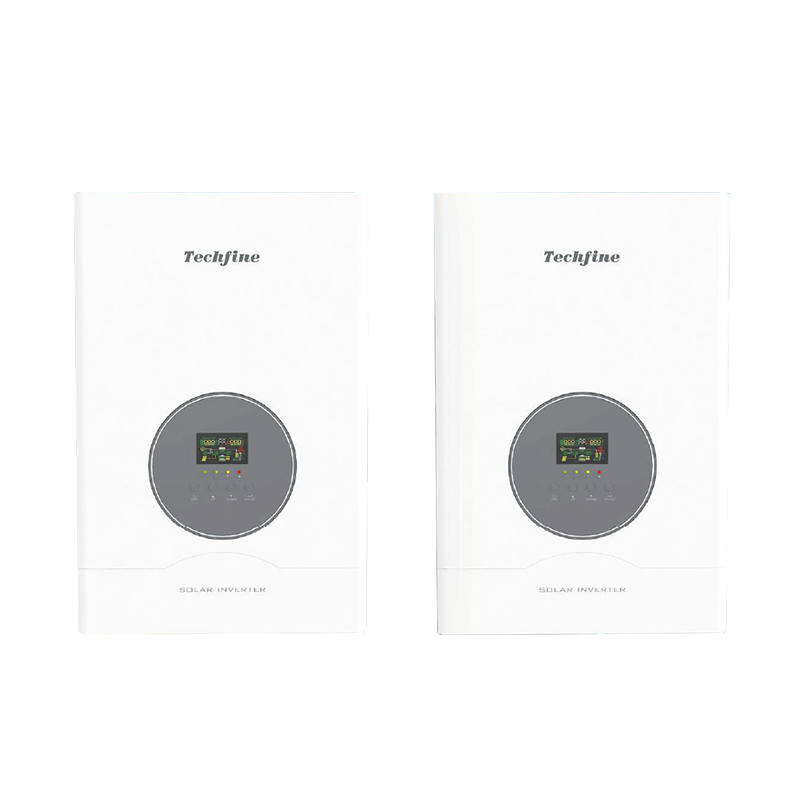
-
[email protected]

-
Building 1, No. 21 Shengfa Road, Lucheng District, Wenzhou, Zhejiang, China


In the dynamic landscape of renewable energy, the role of inverters has become increasingly pivotal. Specifically, on-off grid inverters have emerged as versatile solutions that bridge the gap between traditional grid-connected systems and standalone off-grid setups. These inverters offer the flexibility to switch seamlessly between grid power and independent energy sources, ensuring a reliable and efficient energy supply.
On-off grid inverters are designed to operate in two distinct modes: grid-connected and off-grid. In grid-connected mode, the inverter synchronizes with the electrical grid, allowing excess energy generated by renewable sources, such as solar panels, to be fed back into the grid. This not only offsets the user's energy consumption but can also generate revenue through net metering programs. When the grid is available, the inverter ensures that the power supply is stable and reliable, drawing from the grid as needed to meet demand.
In off-grid mode, the inverter disconnects from the grid and relies solely on stored energy from batteries or other backup sources. This mode is particularly useful during power outages or in remote areas where grid access is unreliable or unavailable. The ability to switch between these modes provides a level of flexibility and resilience that is unmatched by traditional inverters.
The versatility of on-off grid inverters makes them suitable for a wide range of applications. In residential settings, these inverters can be integrated into home energy systems, providing a seamless transition between grid power and backup energy sources. Homeowners can continue to use their appliances and devices without interruption, even during grid outages. This ensures a reliable energy supply and enhances energy independence.
In commercial and industrial applications, on-off grid inverters offer significant benefits. Businesses can maintain operations during power outages, reducing downtime and potential financial losses. Additionally, the ability to feed excess energy back into the grid can help companies offset their energy costs and improve their sustainability profiles.
Moreover, on-off grid inverters are ideal for remote and rural areas where grid access is limited. They can power essential services such as lighting, refrigeration, and communication devices, improving the quality of life for residents in these regions. The flexibility of these inverters also makes them suitable for mobile applications, such as recreational vehicles and marine vessels, where a reliable and adaptable energy source is crucial.
On-off grid inverters are designed to optimize energy efficiency and reliability. They incorporate advanced power electronics that ensure high conversion efficiency, small energy losses during the transition between grid and off-grid modes. The inverters also feature sophisticated control systems that monitor energy demand and supply, ensuring that the system operates at peak performance.
One of the key benefits of on-off grid inverters is their ability to manage energy storage. This not only enhances the reliability of the energy supply but also reduces the need for backup generators, which can be noisy and polluting.
On-off grid inverters represent a significant advancement in the field of renewable energy, offering a flexible and reliable solution for modern energy needs. Their ability to switch seamlessly between grid and off-grid modes ensures a continuous and stable power supply, making them ideal for a variety of applications.

Your email address will not be published. Required field are marked*
